Health & Fitness · 2024


Transplanting Whole Human Eyes To Restore Vision In Patients Who Are Blind Or Visually Impaired — Dr. Calvin Roberts, MD — Program Manager, Transplantation of Human Eye Allografts (THEA), Advanced Research Projects Agency for Health (ARPA-H)
Dr. Calvin Roberts, M.D. is Program Manager at the Advanced Research Projects Agency for Health (ARPA-H) where manages for the Transplantation of Human Eye Allografts (THEA — https://arpa-h.gov/research-and-fundi…) program, which aims to transplant whole human eyes to restore vision in patients who are blind or visually impaired by reconnecting the nerves, muscles and blood vessels of whole donor eyes to the brain.
Dr. Roberts joined ARPA-H in September 2023 from Lighthouse Guild International, where is the president and chief executive officer. Lighthouse Guild is a not-for-profit organization that provides programs and services to people who are blind or visually impaired.
Previously, Dr. Roberts was the chief medical officer for the global eye care company Bausch + Lomb.
For the past 40 years, Roberts has also served as a clinical professor of ophthalmology at Weill Cornell Medical Center. As a practicing ophthalmologist from 1982 to 2008, he performed more than 10,000 cataract surgeries, as well as 5,000 refractive and other corneal surgeries. He is credited with developing surgical therapies, over-the-counter products for vision care, prescription ocular therapeutics and innovative treatment regimens. He also holds patents on the wide-field specular microscope and has done extensive research on ophthalmic non-steroidals and post-operative cystoid macular edema.
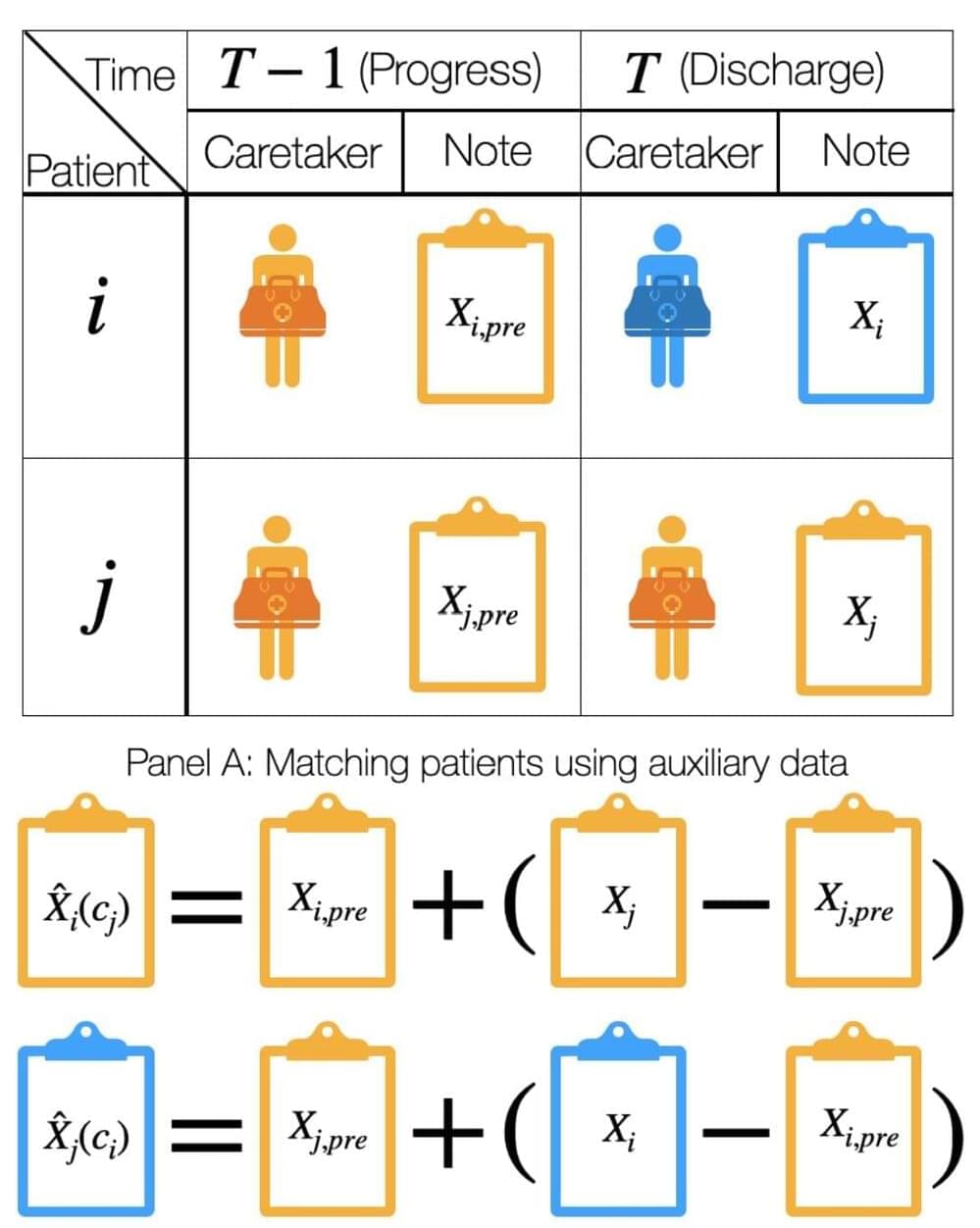
The amount of digital data available is greater than ever before, including in health care, where doctors’ notes are routinely entered into electronic health record systems. Manually reviewing, analyzing, and sorting all these notes requires a vast amount of time and effort, which is exactly why computer scientists have developed artificial intelligence and machine learning techniques to infer medical conditions, demographic traits, and other key information from this written text.
However, safety concerns limit the deployment of such models in practice. One key challenge is that the medical notes used to train and validate these models may differ greatly across hospitals, providers, and time. As a result, models trained at one hospital may not perform reliably when they’re deployed elsewhere.
Previous seminal works by Johns Hopkins University’s Suchi Saria—an associate professor of computer science at the Whiting School of Engineering—and researchers from other top institutions recognize these “dataset shifts” as a major concern in the safety of AI deployment.
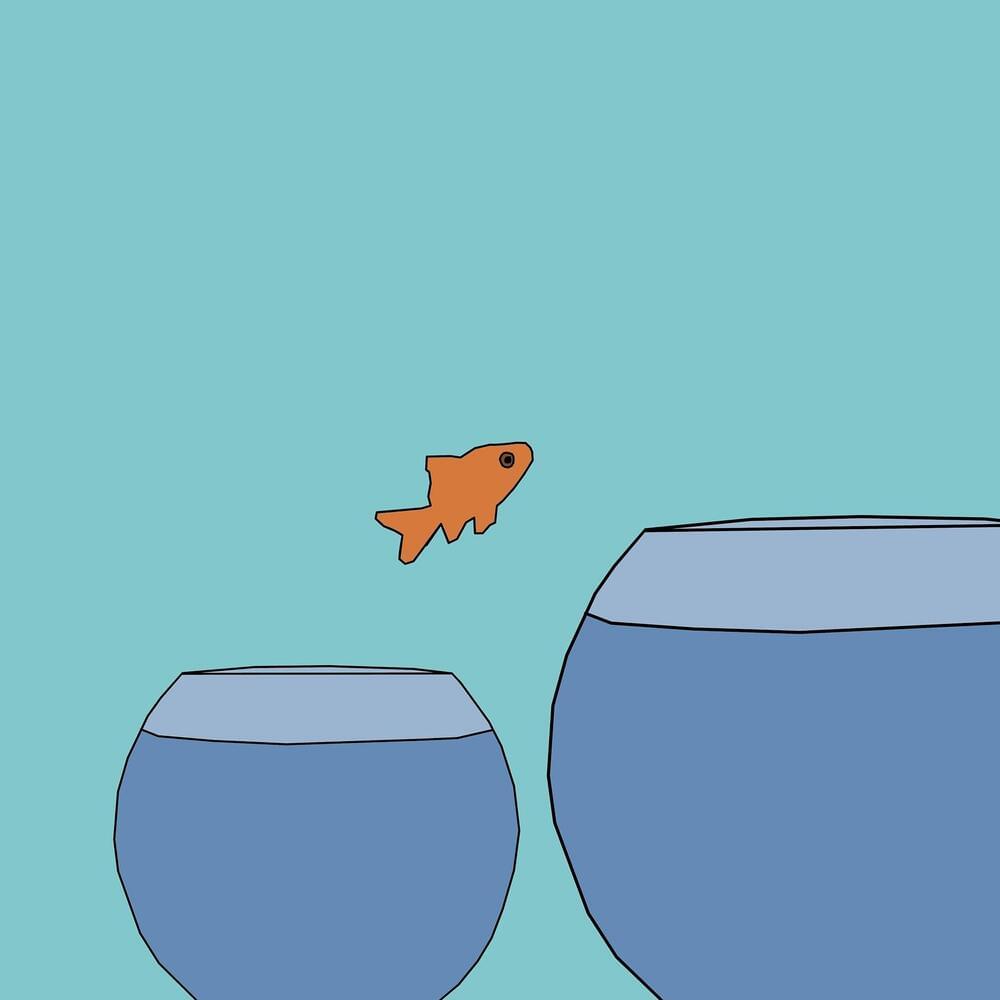
Saint Louis University associate professor of health management and policy in the College for Public Health and Social Justice, SangNam Ahn, Ph.D., recently published a paper in Journal of Clinical Psychology that examines the relationship between childhood adversity, and psychiatric decline as well as adult adversity and psychiatric and cognitive decline.
His team discovered that just one instance of adversity in childhood can increase cases of mental illness later in life, and adverse events in adults can lead to a greater chance of both mental illness and cognitive decline later in life.
“Life is very complicated, very dynamic,” Ahn said. “I really wanted to highlight the importance of looking into the lasting health effect of adversity, not only childhood but also adulthood adversity on health outcomes, especially physical health and psychiatric and cognitive health. There have been other studies before, but this is one of the first that looks into these issues comprehensively.”
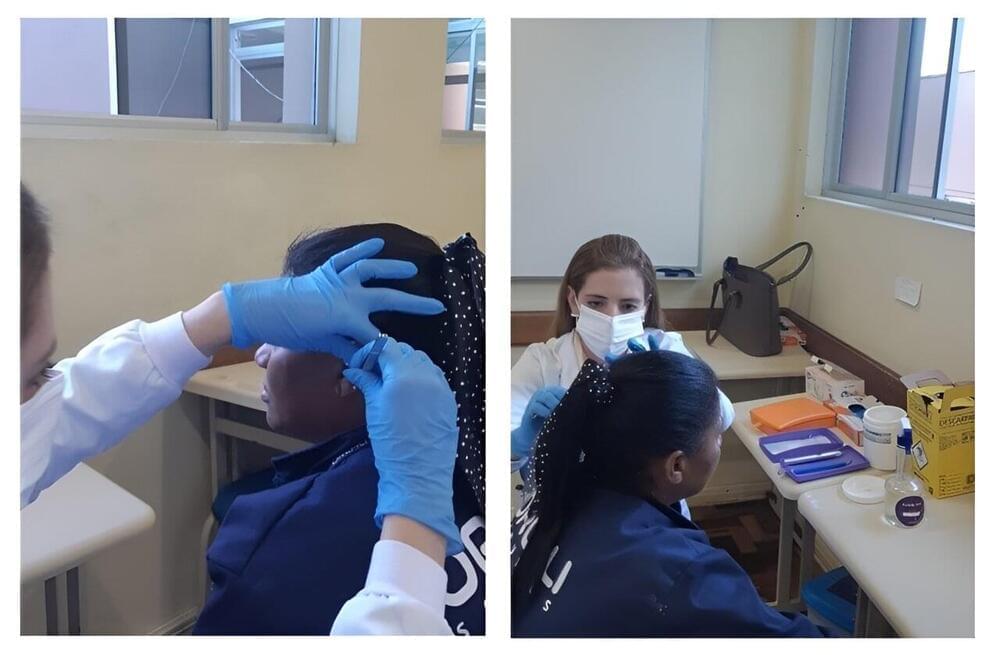
Auricular acupuncture, recommended by the World Health Organization (WHO) and offered as an integrative practice since 2006 by the SUS (Sistema Única de Saúde), Brazil’s national health service, is safe for patients with depression and effectively reduces symptoms of this mental health disorder, according to a study conducted by researchers at the University of São Paulo (USP) and the University of Southern Santa Catarina (UNISUL).
The results of the study are reported in an article published in the journal JAMA Network Open. They confirm the efficacy of auricular acupuncture as an alternative treatment for depression, a mood disorder for which rising numbers are seeking care from the SUS, judging from data provided by the Ministry of Health.
Depression is one of the leading causes of disability worldwide, according to the WHO. In Brazil, the lifetime prevalence of depression is 15.5%, one of the highest globally, and depressive disorders account for 10.3% of years of life lost (YLL), a measure of premature mortality calculated by subtracting the age at death from the longest possible life expectancy for a person at that age.
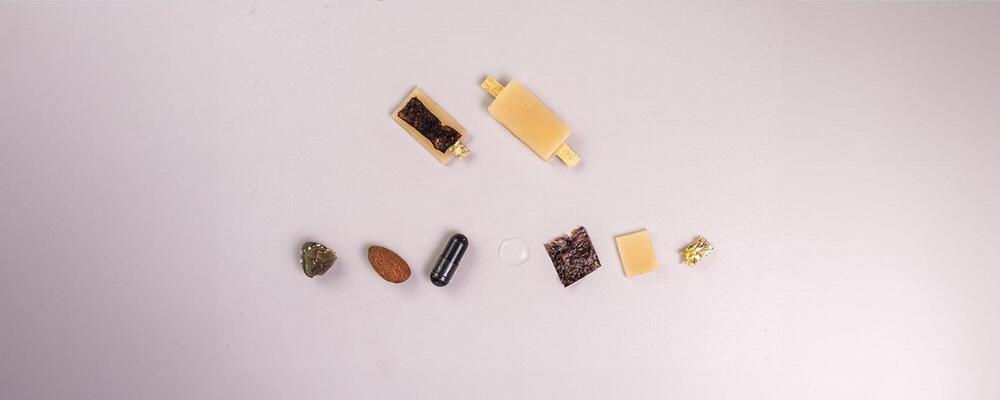
Professor Dario Floreano is a Swiss-Italian roboticist and engineer engaged in a bold research venture: the creation of edible robots and digestible electronics.
However counterintuitive it may seem, combining food science and robotic science could yield enormous benefits. These range from airlifts of food to advanced health monitoring.
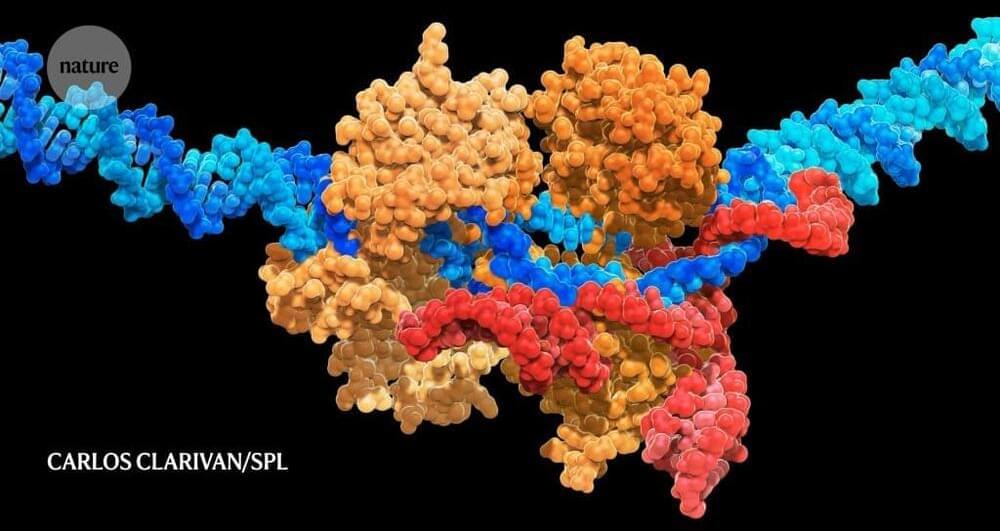
Strategies differ, but there are some gene edits that all researchers agree must underpin any universal stem-cell-derived therapy. There is also widespread consensus that the optimal product should incorporate as few edits as possible, both to minimize the potential for unintended genetic consequences and to streamline manufacturing and regulatory approval.
Beyond that, the scientific community is divided. The complexities of the immune system have fuelled spirited debates over the exact genetic manipulations necessary to create a cell therapy that is both capable of bypassing immune defences and delivering meaningful health benefits.
“The immune system is pervasive and persistent,” says Charles Murry, a cardiovascular pathologist at the University of Washington in Seattle and chief executive of StemCardia in Seattle, one of a growing number of biotechnology companies developing gene-editing strategies to overcome immune barriers in regenerative cell treatments.

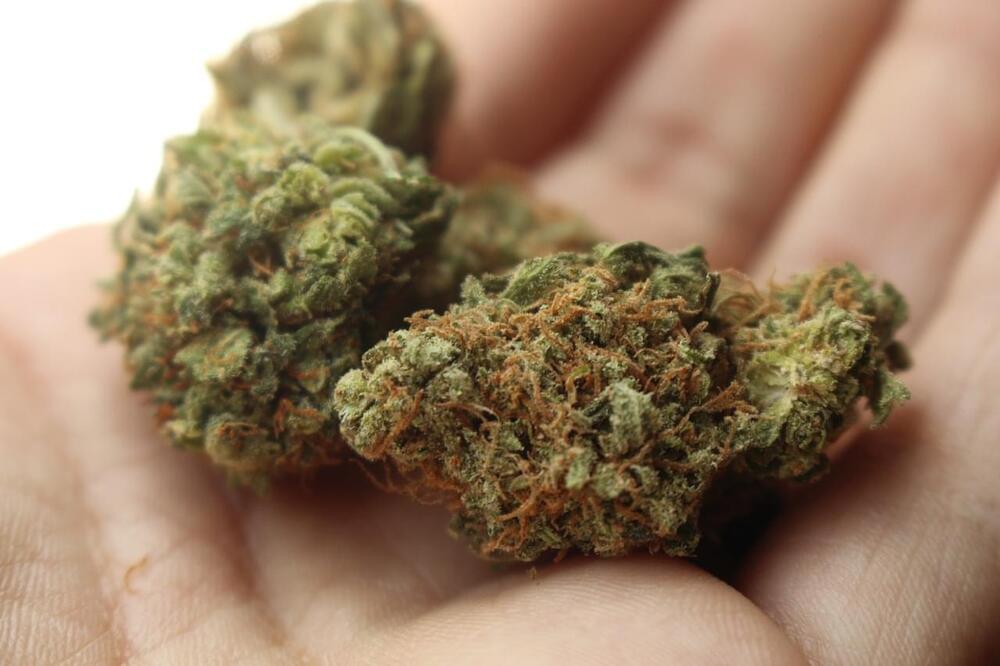
“Cannabis use is increasing in both prevalence and frequency, while conventional tobacco smoking is declining,” said Salomeh Keyhani, MD, MPH. “Cannabis use by itself might, over time, become the more important risk factor.”
Can smoking cannabis bring the same risk of heart attack and stroke as smoking cigarettes? This is what a recent study published in the Journal of the American Heart Association hopes to address as a team of researchers from the University of California, San Francisco (UCSF) investigated the likelihood that cannabis use would lead to a heart attack and/or stroke. This study comes as recreational cannabis use is slowly becoming legal across the United States and holds the potential to help researchers, medical professionals, legislators, and the public better understand the long-term health risks associated with cannabis use, specifically smoking cannabis.
For the study, the team compared data from the Behavioral Risk Factor Surveillance Survey between 2016 and 2020 across 27 American states and 2 territories and 434,104 survey participants between ages 18 and 74 to ascertain a link between their cannabis use and likelihood for heart problems. The team classified cannabis use as the number of times a participant smoked cannabis within a previous 30 days while accounting for self-reported heart issues and tobacco use, as well.
In the end, the team found that 4 percent of participants use cannabis daily while 7.1 percent did not. When combined with the self-reported heart issues of the daily cannabis users, the team found this group exhibited a 25 percent chance of having a heart attack and a 42 percent chance of having a stroke.

Elon Musk claims OpenAI is using GPT-4 to ‘maximize profits’ instead of ‘for the benefit of humanity.’
The lawsuit claims that the GPT-4 model OpenAI released in March 2023 isn’t just capable of reasoning but is also actually “better at reasoning than average humans,” having scored in the 90th percentile on the Uniform Bar Examination for lawyers. The company is rumored to be developing a more advanced model, known as “Q Star,” that has a stronger claim to being true artificial general intelligence (AGI).
Altman was fired (and subsequently rehired five days later) by OpenAI in 2023 over vague claims that his communication with the board was “hindering its ability to exercise its responsibilities.” The lawsuit filed by Musk alleges that in the days following this event, Altman, Brockman, and Microsoft “exploited Microsoft’s significant leverage over OpenAI” to replace board members with handpicked alternatives that were better approved of by Microsoft.
“The new Board members lack substantial AI expertise and, on information and belief, are ill equipped by design to make an independent determination of whether and when OpenAI has attained AGI — and hence when it has developed an algorithm that is outside the scope of Microsoft’s license,” claims the lawsuit. The partnership between OpenAI and Microsoft is currently being examined by regulators in the UK, EU, and US to assess if their shared relationship impacts competition.